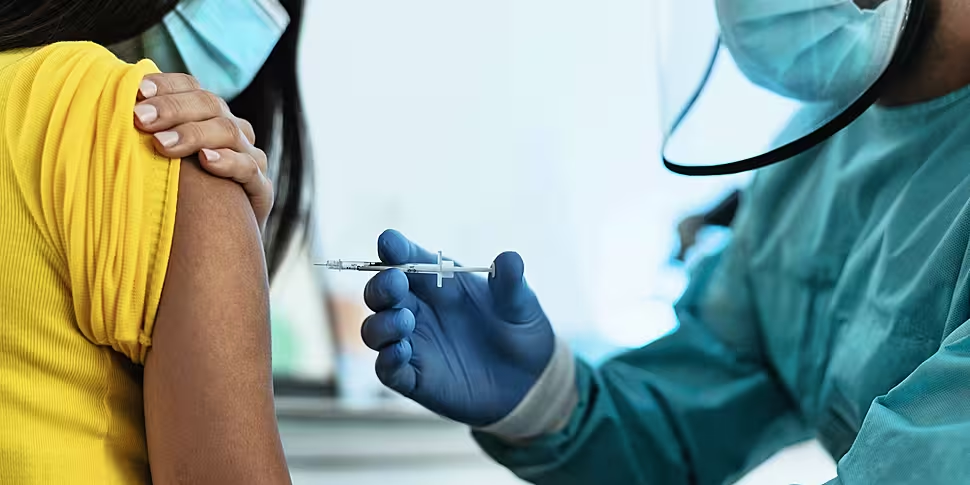Drug company Pfizer-BioNTech says its vaccine should still protect against the Omicron COVID-19 variant.
Preliminary lab studies show that three doses of Pfizer "neutralise the Omicron variant", while two doses show "significantly reduced" antibodies.
It suggests a third dose increases the neutralising antibodies against the Omicron strain by 25-fold - compared to two doses.
But it also says that two doses "may still induce protection against severe disease".
The companies add that they are continuing to advance the development of a "variant-specific vaccine for Omicron", and expect to have it available by March.
It says this timeline depends on if an adaption is needed to further increase the level and duration of protection.
However no change is expected to its capacity of four billion doses for 2022.
"The development will continue as planned in the event that a vaccine adaption is needed to increase the level and duration of protection against Omicron", it says in a statement.
"First batches of the Omicron-based vaccine can be produced and are planned to be ready for deliveries within 100 days, pending regulatory approval".
Albert Bourla, CEO of Pfizer, says: "Although two doses of the vaccine may still offer protection against severe disease caused by the Omicron strain, it's clear from these preliminary data that protection is improved with a third dose of our vaccine.
"Ensuring as many people as possible are fully vaccinated with the first two dose series and a booster remains the best course of action to prevent the spread of COVID-19."
While Professor Luke O'Neill says a restoration of neutralisation levels means the booster is 'essential'.
Pfizer data on Omicron and their vaccine. Decrease in neutralisation of virus from 2 shots (left hand side- purple). Restored after the booster shot (right hand side- purple -back up to level of Beta (red) or Delta (grey). Booster essential: quantity trumps quality. pic.twitter.com/0LD0ATEPTn
— Luke O'Neill (@laoneill111) December 8, 2021
It comes as Professor Sam McConkey says parents of younger children should want to protect them from COVID-19.
He was speaking after the Government accepted advice to roll out vaccines to children aged between five and 11.
The National Immunisation Advisory Committee (NIAC) has approved the use of the Pfizer jab in this age group.
Prof McConkey earlier told Lunchtime Live it is in the children's interest to be vaccinated.
"My children are a bit beyond 11 years of age, so it's not relevant to me, personally.
"But I would be advocating that parents of children between five and 11 do get their children vaccinated for the children's own sake.
"Not out of some sort of 'Let's vaccinate the children to protect the elderly' - but rather the children themselves [that] have about a one in 3,000 chance of getting a rather bad complication of Sars-CoVi-2."









